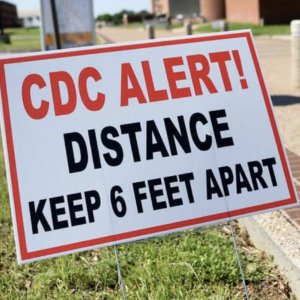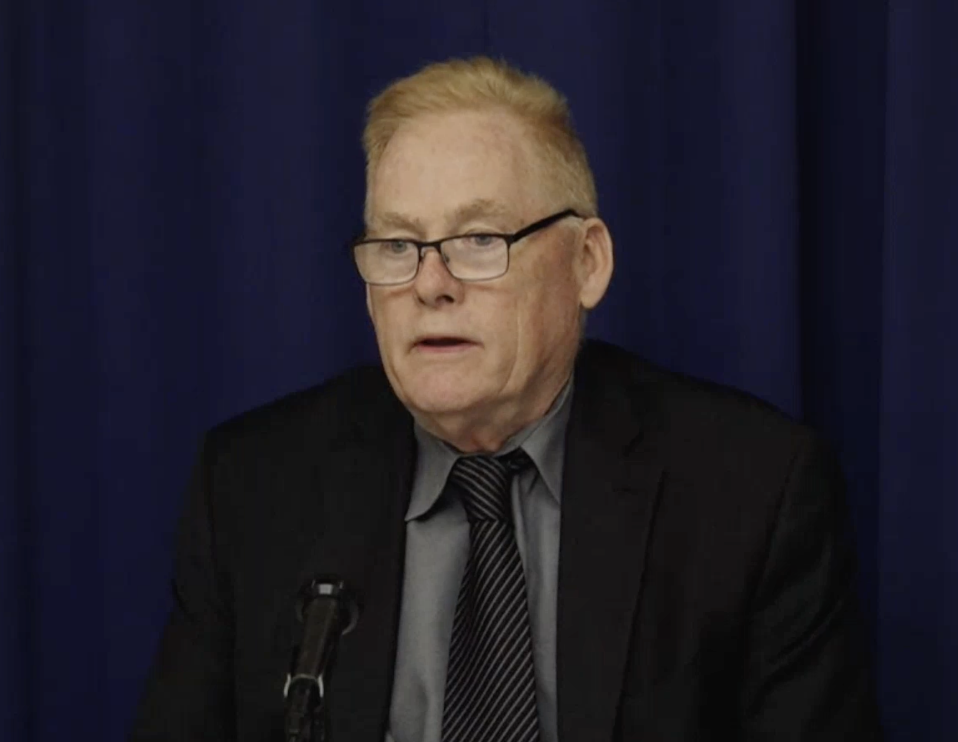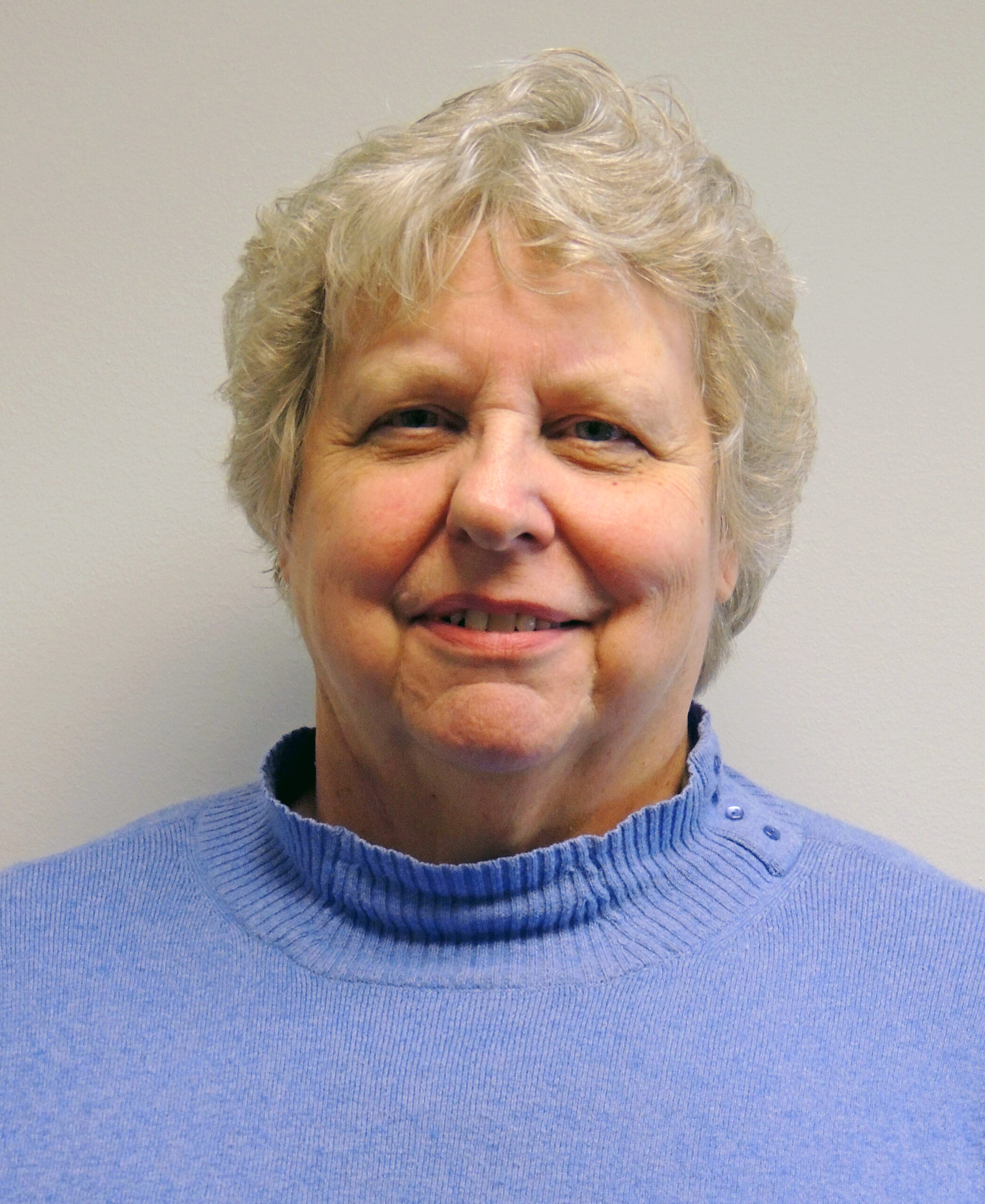The CDC Was Off Mission When COVID Hit; That’s Why They Got It So Wrong

How does an agency named the Centers for Disease Control and Prevention fail to “control or prevent” a pandemic like COVID-19?
Because it was off-mission, said Dr. Brian Miller with the American Enterprise Institute. Instead of intensely focusing on tracking communicable diseases and fighting infections, the agency wandered into “woke” issues like fighting racism and advocating gun control. When a novel coronavirus hit, the CDC wasn’t ready.
Miller, who is also a practicing hospitalist at Johns Hopkins University, laid out his case at the Common Sense Public Health Roundtable hosted by InsideSources.
“Their mission has drifted,” Miller said, turning attention and resources to “things such as the environment, racism, or gun violence.”
While acknowledging those are important issues, Miller notes they are far afield from the CDC’s responsibilities.
“Take environmental health and climate change, for example,” Miller said. “Would you like the CDC focusing on that? Or would you like the Environmental Protection Agency (EPA), which is the foremost environmental regulator?”
The CDC’s record of failures during the pandemic has been well documented.
When the COVID-19 strain was first detected in the U.S. in January 2020, the CDC was slow to act. It refused to allow private labs to create a COVID test, for example, instead sending out its own flawed version in early February. Weeks of valuable testing data were lost before the CDC reversed its position, allowing labs to create their own tests.
“The CDC wanted to have an internally developed and managed test rather than serving as a coordinated nexus and center for the development of university-developed tests, private physicians, and labs developing tests,” Miller said. “The CDC sort of lost its focus and ability to serve as a guidance, logistics, and strategy organization.”
That view is similar to that of former Food and Drug Administration director Dr. Scott Gottlieb, author of “Uncontrolled Spread.” He wrote that when the agency finally relented and allowed other organizations to make tests, “It would be weeks before commercial manufacturers could get access to the [virus] samples they needed, and they’d mostly have to go around the CDC.”
Another glaring failure was the CDC’s lack of trustworthy guidance to both medical providers and the general public.
Miller spent the pandemic months treating patients on COVID-only hospital floors and in COVID-screening clinics. When he would seek guidance from the CDC on a specific question, such as, ‘How many days should a patient remain isolated after leaving the hospital, what are the appropriate therapeutics, etc.,’ the CDC’s information was either dated, late upon arrival or, worse, it didn’t have the data.
Then there was what Gottlieb called the agency’s “single most costly intervention,” the six-foot distancing rule, which was used to keep schools closed months longer than necessary. The CDC didn’t update its guidance to three feet until March 2021, months after widely-available evidence showed three feet of distance was more than sufficient.
“Probably the single costliest recommendation that CDC made — that you had to maintain six feet of distance — that wasn’t based on good judgment and good science was ultimately changed,” Gottlieb told CBS News.
Some education experts now warn the damage from two years of lost classroom learning may never be undone.
Can the CDC be fixed?
“Superficial reforms will not fix it,” said Jane M. Orient, M.D. of the Association of American Physicians and Surgeons (AAPS). “There needs to be top-to-bottom housecleaning to eliminate conflicts of interest and political agendas and focus solely on infectious disease control.”
Instead, said Miller, in the years leading up to the COVID-19 outbreak, “the CDC wanted to remain in the news. It wanted to be an important public policy voice, and, as a consequence, its mission drifted.
“But having an organization that is trying to be all things to all people all the time means that it cannot perform its basic functions, as we discovered during the pandemic.”






